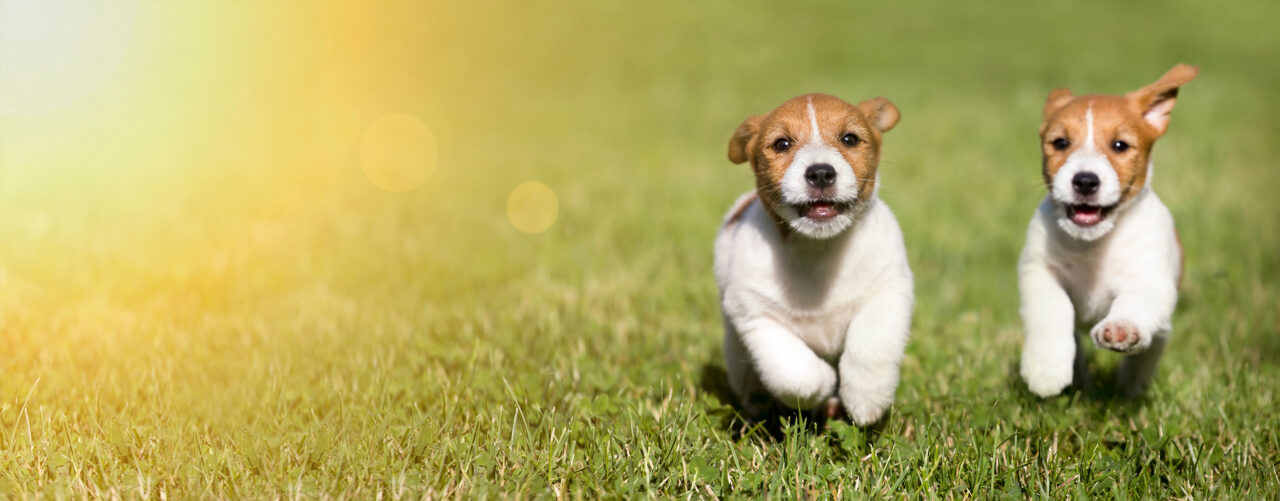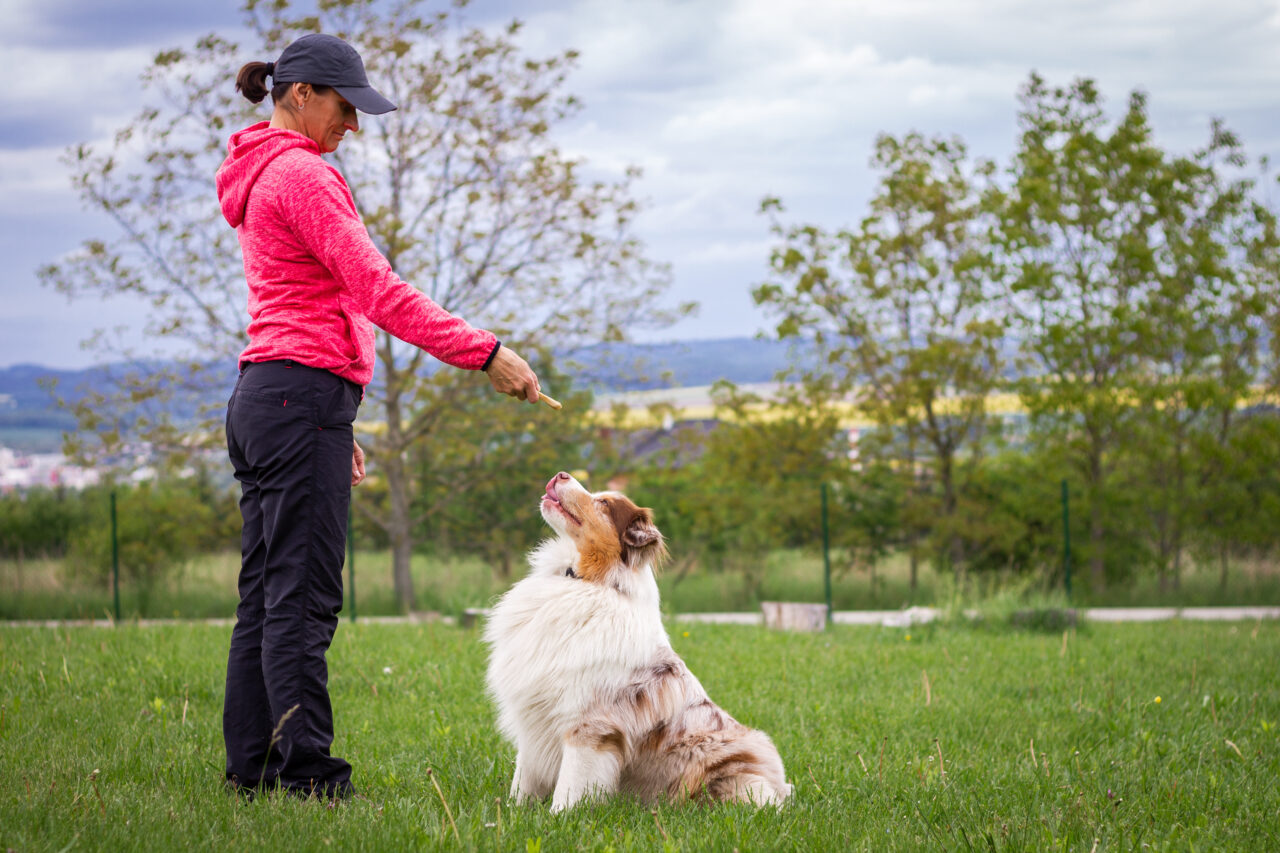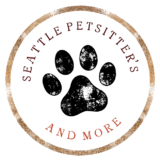National Train Your Dog Month is an initiative by the Association of Professional Dog Trainers to bring awareness to the importance of socialization and training.
January was selected as the National Train your Dog Month because a lot of dogs (and other pets) are adopted during the holidays – especially during Christmas – so starting the new year off with tips on ways to train your dog seems like a good way to go.
Most dogs are end up in animal shelters for behavior and training issues that could be easily prevented with proper socialization and training.
National Train Your Dog Month helps in promoting the importance as well as benefits of training dogs so that they turn into happy and healthy companions to you. The Association of Professional Dog Trainers has a wealth of information in these audio Podcasts: https://trainyourdogmonth.com/
It’s important to learn to communicate with the newest member of your family in an effective manner which they can understand. You need to train your dog how to live in a house and have a good relationship with others. Dogs have their own special needs and their own natural ways to communicate.
Reinforcement Training
Reinforcement is a consequence or outcome associated with a type of behavior which increases the chances of it repeating. If you give your puppy a treat when he’s a good boy and he sits on command, you’re giving him positive reinforcement.
R
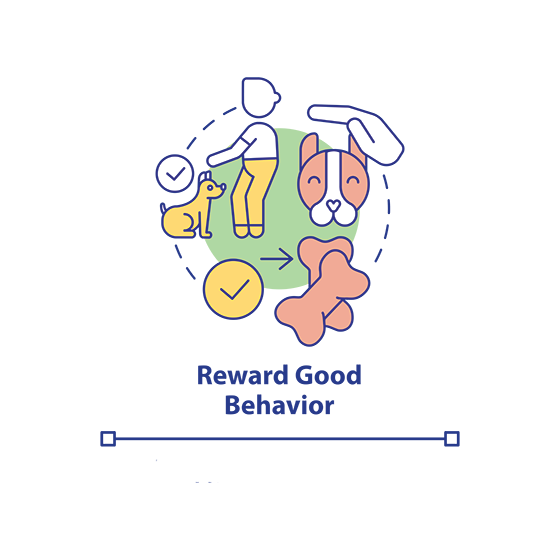
The Two Types of Reinforcement
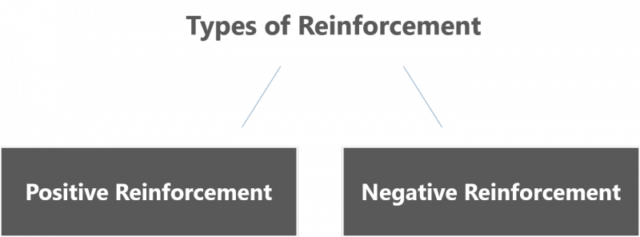
You may be aware of the concept of positive reinforcement, but there are two types of reinforcements that you need to know about:
- Positive reinforcement: A favorable consequence of acceptable behavior
- Negative reinforcement: An unfavorable stimulus removed when acceptable behavior occurs
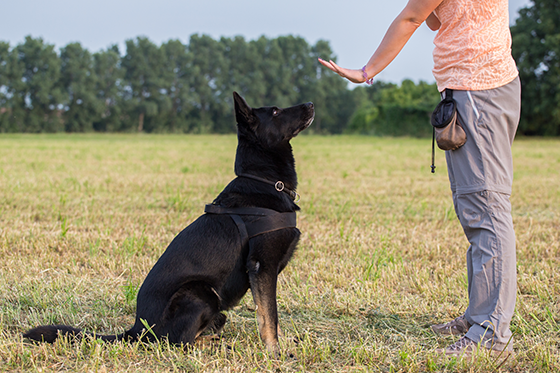
Positive Reinforcement: The Main Motivator
Positive reinforcement means that you simply ‘reward’ your puppy with something that he’ll love after he does something desirable – like relieving himself outside the house or sitting on command. Positive reinforcement can be anything that your puppy likes such as your affection, a treat, a new chew toy, etc.
Negative Reinforcement
An aversive method differs from negative punishment in that it doesn’t raise a fear or aggression response. Negative reinforcement like yelling and hitting a pup can result in aggressive behavior aimed at the trainer or pet parent.
What you should do
- Reward desired behavior immediately
If your dog does something you want, reward him/her immediately by giving things such as treats and affection.
- Keep training sessions short and upbeat.
Remember that dogs are active but cannot focus on things that are boring for a long time. It is important that the training is also short and entertaining and consistently stimulate their focus with various positive reinforcements, such as lengthening the playtime.
- Weaning from treats
When your dog can obey your cues to show the desired behavior, gradually wean him from the treats, but continue to give praise and affection.
What you should not do
- Punishment and scolding: It has been found that a fearful dog does not respond well to punishment and scolding.
- Showing your dog that you are angry and disappointed: Dogs are more sensitive and social than we image. They can observe people’s emotions (including anger and happiness) and reflect different situations. When you get frustrated, take a step back and start again. Don’t show your dog that you are angry. This leads to a frustrated and nervous dog.
- Stop correcting inappropriate behaviors: Do not correct big mistakes of dogs with punishment. Does positive reinforcement “encourage” their inappropriate behavior? This is not true, as positive reinforcement is used to help your pup do what you want him to do, such as rewarding him for “doing potty” outside.
So, proper dog training by using positive training methods will promote a strong and life-long relationship with your canine friends, which is one of the most rewarding relationships we can have.
